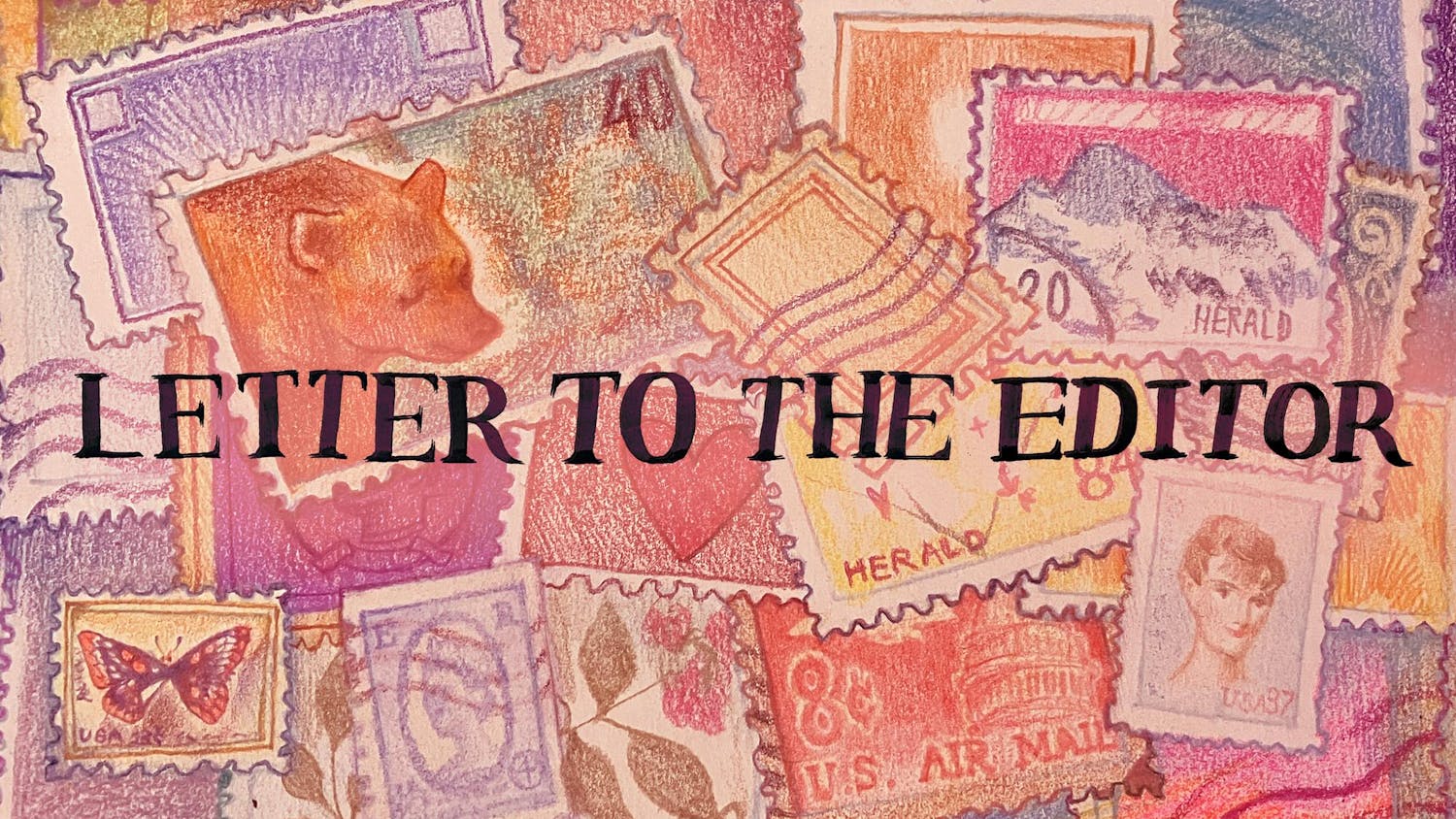Unpopular opinion: 4/20 at Brown sucks. Seriously. The marijuana-centric celebrations of 4/20 indulgently highlight inequities and entitlement while staging an exclusive takeover of public spaces. I’m reminded of this every year, and 2017 was no different. The last thing I want to do is take a gratuitous hit on a ritual that many seem to enjoy, but the stakes are higher than people seem willing to acknowledge.
First, consider the (hazy) image that graces the Main Green at twenty minutes past four. Hordes of Ivy League students lazing about basking in possession of an illegal substance, enjoying its effects with carefree and shameless sentiment. Students seem to be more bemused by this image than they are critical of its reflection on passive entitlement. Indeed, I did not have to be anywhere near any type of green (Main or otherwise) to know through Snapchat and other social media how my friends spent their afternoon. The broadcasting of this lawlessness is irksome, as it gloats at the unearned privilege of non-punishment with relative cheer. Such flippant acknowledgment laughs in the face of serious injustice.
It isn’t difficult to be persuasive about the inequities highlighted by 4/20. Over the course of the day’s activities, the Providence Police are nowhere in sight. But in Rhode Island, possession of up to one ounce of marijuana is “a civil violation, punishable by a $150 fine, no jail time and no criminal record,” and possession of one ounce to one kilogram is a misdemeanor “punishable by a maximum of one year imprisonment and a maximum fine of $500.” A 2016 American Civil Liberties Union report showed that though the rate of drug use for black adults and white adults in the United States is similar, “a Black adult is 2.5 times more likely to be arrested for drug possession.” The report showed that Rhode Island has some of the worst racial disparities for drug-related arrest numbers: “Blacks in Rhode Island were arrested for drug possession at almost three times the rate of whites in 2014.” This disparity illustrates more egregious disproportionality than do arrest rates in Ferguson, Missouri, according to FBI data.
My classmates are very conscious of their privilege, including the systems that enable them to celebrate 4/20 unpunished. I think that’s a good thing. But this criticism generally only goes as far as saying something along the lines of, “Oh yeah, that’s messed up, I think weed should be legal.” It does not dissuade anyone from celebrating the existence of our protected enclave at Brown, which to me illustrates a hard limit to a social critique of such systems. People complain that activism at Brown is more performative than substantive — well, here’s exhibit A. (And, of course, that’s not to mention the questionable ethics of supporting an underground industry that can rely on violence and exploitation of people, as drug trafficking so often does.)
In addition to projecting entitlement, the celebration of 4/20 undermines the intentional creation of safe and inclusive common spaces at Brown. Some students are made uncomfortable by the idea of sharing the Main Green with illicit drug use. This might be the case for a variety of reasons — physical discomfort based on health or preference or a feeling of social exclusion among those who choose not to partake. Furthermore, some religious traditions (including groups within Islam, Buddhism and Mormonism, among others) prohibit the use of marijuana and other intoxicants.
Again, I understand and sympathize with the counterargument that the day’s ritual is short-lived and easily-avoidable, thereby justifying the enjoyment and sense of community it brings to its participants. My response to that is twofold. First, that community is a continuous commitment built on a sense of mutual respect that this has the clear potential to breach. A one-day blip in inclusivity undermines ongoing community-building efforts. And second, that it isn’t ideal for an event that elicits some of the highest levels of community spirit at Brown to be centered around substance use. Similar cases have been made in the past regarding the inclusivity of Spring Weekend, drawing upon further reasons why substance use in community settings is exclusionary.
We should respect that our common spaces are meant to be enjoyed by all and understand that they can put a spotlight on ugly manifestations of privilege. Changing this might take a joint effort, but it’s surely the chill thing to do.
Lainie Rowland ’17 is actually a fun person and can be reached at lainie_rowland@brown.edu. Please send responses to this opinion to letters@browndailyherald.com and other op-eds to opinions@browndailyherald.com.




